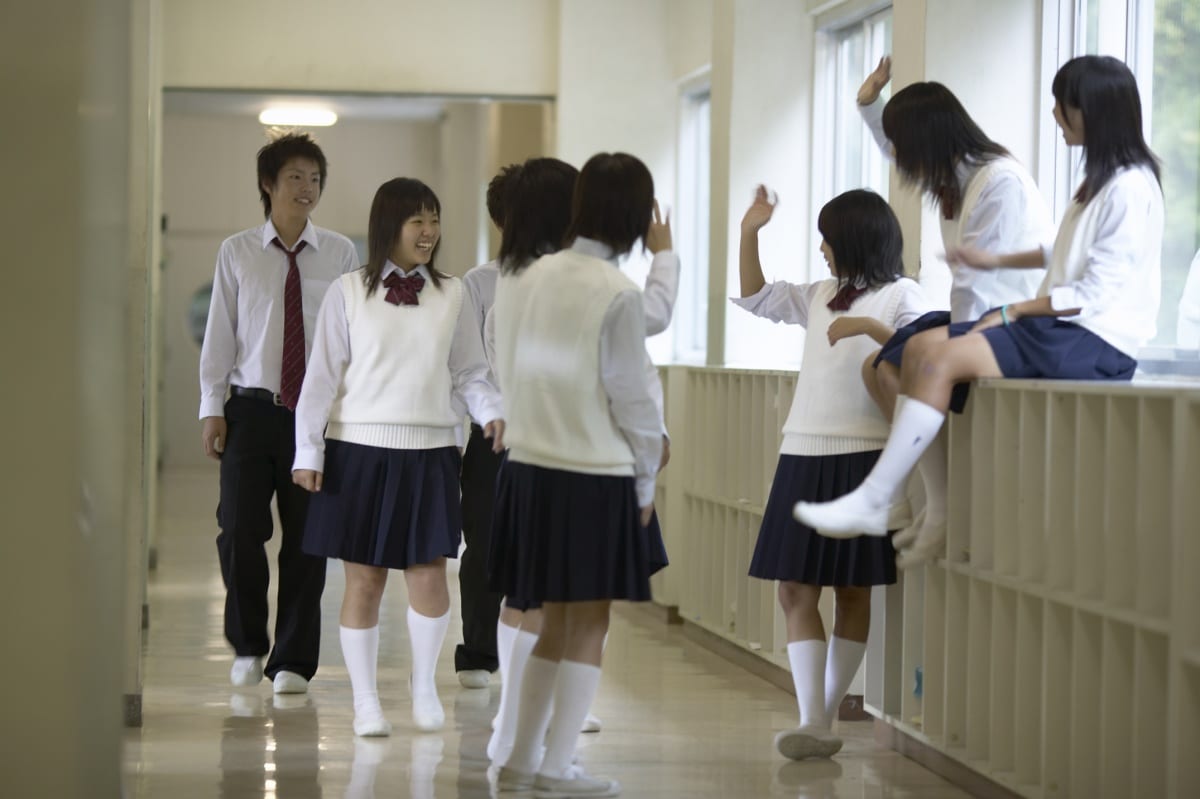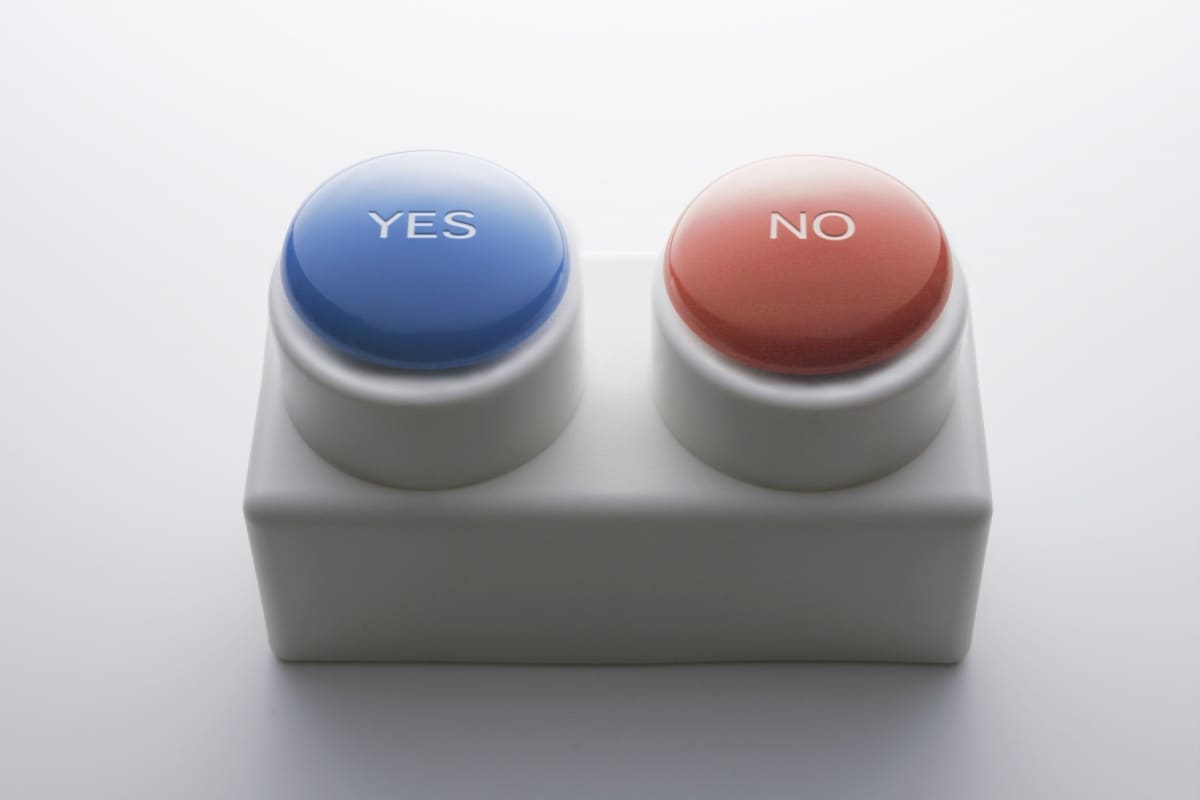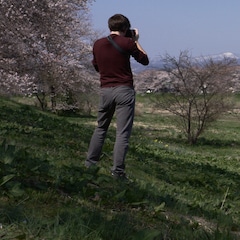12 Key Phrases for Getting By in Japan
It's always a good choice to study another language, but learning Japanese can take a lot of time and effort. If you're a new arrival to the Land of the Rising Sun, we've got a few simple, easy-to-remember phrases that will make your stay a lot smoother.
By Nicholas Rich'Ohayo Gozaimasu'

https://amanaimages.com/
Let's start with greetings. Regardless of whether you're going to school, going into work, checking out of a hotel or even just walking down a neighborhood street, ohayo gozaimasu is a phrase you'll hear constantly. In most cases ohayo gozaimasu is simply a polite way of saying the standard greeting, "good morning." For close friends or relatives, it's pretty common to use the shortened, less formal ohayo.
It get's a little tricky at work however, where it isn't just "good morning," but the greeting to use if you're meeting a coworker for the first time that day.
'Konnichi Wa'

https://amanaimages.com/
Now that we know how to say "good morning," it's time to learn how to say "hello!" Konnichi wa is your standard greeting from midday to early evening. It's fine to use with both strangers or close friends.
'Konban Wa'

To round out our greeting trifecta there's konban wa, which means "good evening." It's worth noting that unlike its English translation, konban wa is only a salutation, and not an appropriate way of saying goodbye.
Another point worth mentioning is that it's a bit strange to greet someone several times if you see them regularly throughout the day. Choose one of these three greetings depending on when you first see someone.
'Hai/Iie'

https://amanaimages.com/
These next two go hand in hand, and are also pretty simple. At their most basic, hai means "yes" and iie means "no." Of the two, hai is probably the word you'll hear more frequently since its also used for acknowledgement in a variety of situations. For example, if you're having a conversation your partner may say hai to show that they're following along. Similarly, a doorman might say hai and wave you forward when entering a venue or event after checking your ticket.
'X Desu'

https://amanaimages.com/
Now that we know how to say "hi" and hai, let's move on to some of the basics—like telling someone your name! There are myriad ways to introduce yourself, each with varying degrees of politeness depending on the situation. But the easiest way is to simply tell someone your name using the phrase "X desu" (where X is, of course, your name). For example, "Nick desu."
Bonus points if you can manage to say your name in Japanese using katakana!
'(Yoroshiku) Onegai Shimasu'

https://amanaimages.com/
This is a phrase that's as useful as it is tricky! On its own onegai shimasu translates to "please," and is a polite way of asking for something. For example, if you want a cola at a restaurant you could say "Ko-ra onegai shimasu," which means "Cola, please." Or let's say you're at a friend's house, and they ask if you want a cola. Using a word from earlier, you can say "Hai, onegai shimasu" to answer "Yes, please."
But if you put yoroshiku in front of onegai shimasu it changes the meaning quite a lot. "Yoroshiku onegai shimasu" essentially means "Please treat me well" or "Let's do well together," and is typically used at the end of a self-introduction—so basically, right after "X desu."
The phrase also frequently comes up in business settings to conclude meetings. Check out our piece on phrases to rock your workplace if you want an even deeper look!





